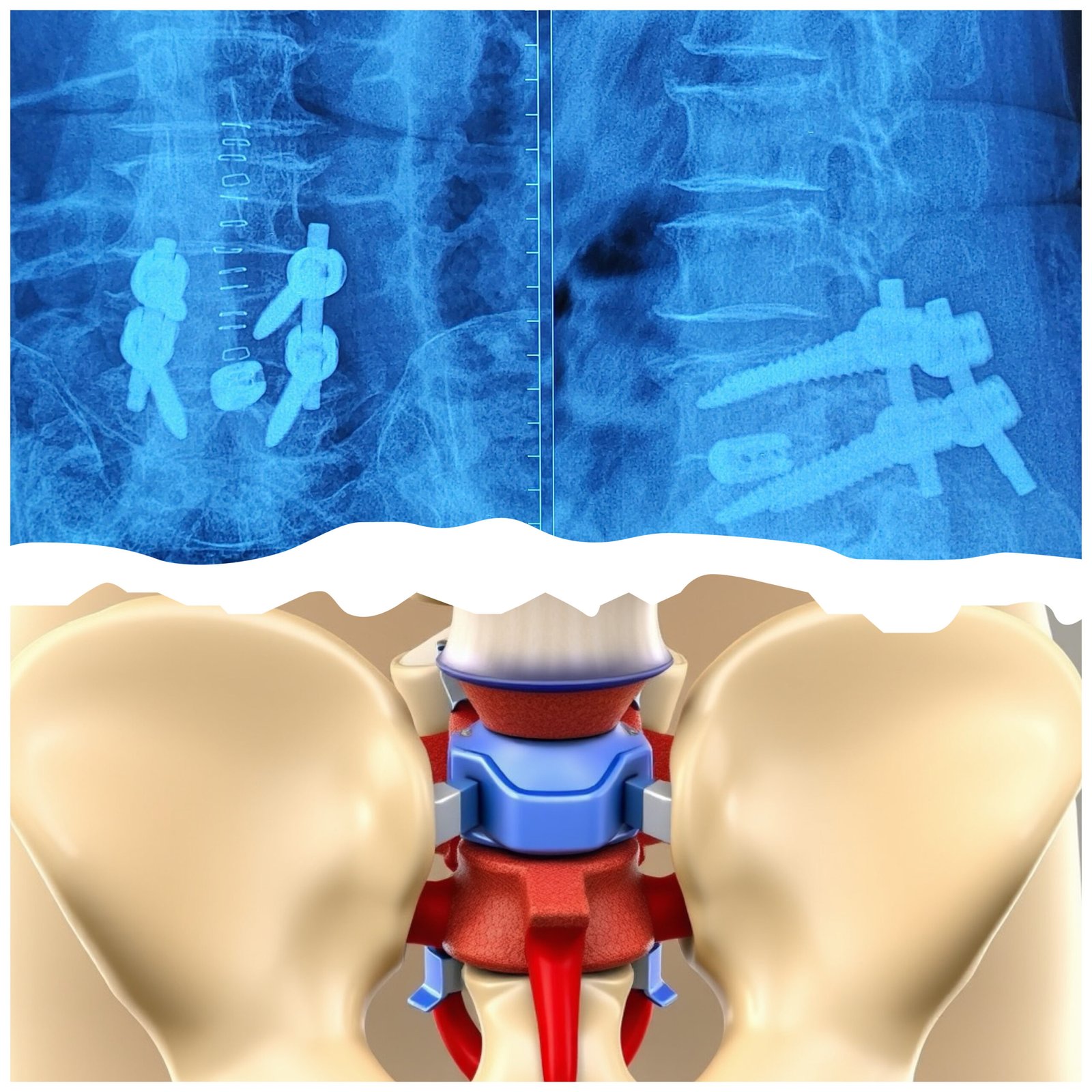If you’ve been advised to undergo a TLIF (Transforaminal Lumbar Interbody Fusion) surgery, here are some steps you can take:
1. Understand the Procedure
ㆍLearn about what TLIF surgery entails, including the reasons it’s recommended, the benefits, and the risks involved.
2.Ask Questions
ㆍDiscuss any concerns with your surgeon. Questions might include:
– What are the expected outcomes?
– What are the potential risks and complications?
– What can you expect in terms of recovery time?
– if surgery is open or minimally invasive
– if hospital is you are undergoing is infrastructured to undergo procedure and all necessary equipments are there.
3. Prepare for Surgery
ㆍ Follow any pre-surgery instructions given by your doctor, such as:
ㆍ Avoiding certain medications (like blood thinners).
ㆍ Dietary changes or fasting before the procedure.
4. Plan for Recovery
ㆍArrange for help at home after the surgery, as you may have restrictions on movement.
ㆍPrepare your living space for comfort and safety during recovery.
5. Follow Post-operative Care Instructions
ㆍAdhere to your doctor’s guidelines for post-surgery care, including physical therapy if recommended, pain management, and activity restrictions.
6.Stay Informed
Keep up with follow-up appointments and any recommended imaging or tests to monitor your recovery.
7. Get a Second Opinion
If you feel uncertain, consider consulting another spine specialist to confirm the need for surgery and explore all treatment options.
Insurance – usually all insurances are not covered by all hospitals- If your surgery is covered by insurence, usually service line managers ( Neuro SLM ) will give information regarding this.
8. Consider Lifestyle Changes
Discuss long-term strategies for maintaining spine health with your healthcare provider, including exercise, weight management, and ergonomics in daily activities.
Always prioritize communication with your Neurosurgery team and make informed decisions that align with your health needs and goals.

Dr. Ganesh Veerabhadraiah
Consultant – Neurosurgeon, Neurointerventional Surgery, Spine Surgeon (Neuro)
23+ Years Experience Overall (17+ years as Neuro Specialist)
Available for Consultation: Jayanagar 9th Block & Kauvery Hospital, Electronic City
FAQs
1. What is the success rate of TLIF surgery?
TLIF surgery has a success rate of around 80%–90% for relieving chronic lower back pain caused by degenerative disc disease or spinal instability.
2. Is TLIF surgery safe?
Yes, TLIF surgery is generally safe when performed by an experienced spine surgeon. Like all surgeries, it carries some risks, but major complications are rare.
3. How long is the recovery after TLIF surgery?
Most patients can return to light activities in 4–6 weeks. Full recovery may take up to 3–6 months depending on overall health and rehabilitation.

